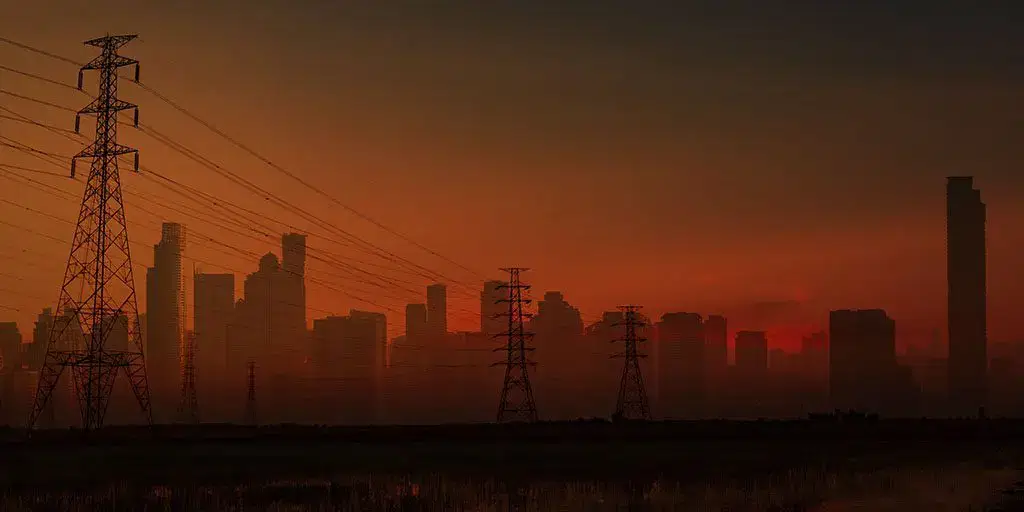Blackouts in Spain and Portugal: building decentralised sustainable energy systems
We are fortunate to have a sustainability team placed in areas beyond the UK, including Portugal, where one of our sustainability experts was during the recent blackouts.
Although 12 hours does not sound like much time, it was enough to highlight just how vulnerable modern society is without power. In only a few hours, the emerging issues showed how quickly life can unravel in a blackout. Initial difficulties arose due to the lack of mobile phone service, leaving families unable to communicate with one another. Parents of older children who were students sent home from educational establishments were in a situation where they could not locate them. The public transport system quickly became overwhelmed, and bus stations were packed with people trying to navigate home.
The social impact of an energy blackout
Many people couldn’t buy the food they needed as cash machines went down, and retailers could not process digital payments. Those staff members running stores were stranded, unable to close their shops and unsure of what to do when it got dark, facing choices around securing the store or putting their needs first. Operational vehicles were limited regarding fuel, as gas stations couldn’t sell diesel. Additionally, emergency services were hard to contact, and it seemed that the infrastructure that should have come into effect to guide the country through a crisis simply didn’t function as it needed to. Had the situation extended beyond those few hours and stretched into days, the country would have been wholly reliant on community and mutual aid.
There was a time when resilience was built into everyday life, when self-sufficiency wasn’t optional but essential. As sustainability professionals, we can learn from this episode and use this knowledge from the past to utilise current technologies and create systems that are not just smart, but deeply rooted, adaptable, and human.
Centralised vs. Decentralised
What we have learned through the power issues in Spain and Portugal is that centralised systems are vulnerable to attacks and international disasters. By nature of their scale, power issues can cripple large geographic regions. Utilities need to service millions of people and require a large-scale organisation and huge resources, but there are negatives:
- Reliance on imported fuel
- Complex infrastructure
- Control of supply in the hands of a small group
- Users removed from the energy production process
Sustainable decentralised energy production
Modern society has come to rely on these centralised systems, but the situation in Spain in Portugal shows us that perhaps as we move towards more sustainable energy production and usage, now is the time to look at more decentralised energy systems that disperse risk. Introducing more visible ways to generate energy, such as solar panels on roofs or small wind turbines, people will become much more aware of where their energy comes from. This ensures people are increasingly mindful of how they use energy, promoting efficiency and encouraging frugal use. Simplifying energy production will encourage communities and individuals to produce their own power and reduce the need for reliance on energy sources. This will also make systems less attractive for cyberattacks, and harder for them to cause disruption on the scale we saw recently.
Author: Dora Rebola, Sustainability Consultant



